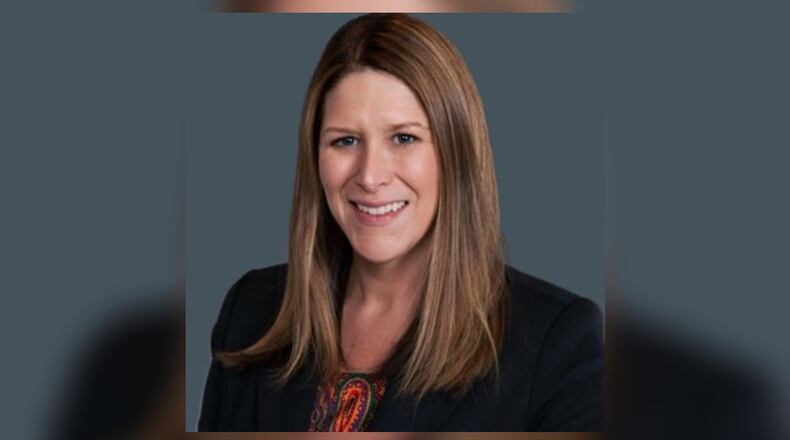While assisted suicide was only recently legalized in select states in the U.S., human dignity transcends time and place. As Pope Francis said, “That every human being possesses an inalienable dignity is a truth that corresponds to human nature apart from all cultural change.” The Catholic understanding of human dignity is that all persons have immeasurable value, regardless of their circumstances or stage in life—including immigrants, those with disabilities, and the terminally ill. I constantly find myself reassuring my father of his inherent worth despite his inability to help with basic tasks, like carrying my bags to the car as he always did at the end of my weekend visits.
Contrary to today’s ‘throwaway culture,’ as Pope Francis describes it, which will end a life to solve a problem, the Catholic Church believes human dignity is irrevocable, even when one suffers deeply. Instead, suffering can transform us and those we love. Not only has my dad grown in his prayer life, but he more openly expresses his love and appreciation. When someone dear to us is hurting, we are moved to compassion (meaning to suffer with) and respond. My siblings, aunts, uncles, cousins, and neighbors have all taken time to be with and help care for both of my parents. Preparing to say goodbye, at least here on earth, brings an acute awareness of the precious gift each individual is to the whole human family.
Solidarity is a common theme in Catholic teaching with a profound meaning. We believe in a communal bond that unites all people, so what happens to one person affects everyone else. Our call to live in solidarity and recognize one another’s God-given human dignity explain why the Catholic Church teaches that euthanasia “whatever its motives and means… is morally unacceptable.” (Catechism of the Catholic Church, 2277). Assisted suicide eliminates one person and inflicts a moral wound on those left behind.
The Catholic bishops of the United States issued a statement on physician-assisted suicide in which they state, “People who request death are vulnerable. They need care and protection. To offer them lethal drugs is a victory not for freedom but for the worst form of neglect. Such abandonment is especially irresponsible when society is increasingly aware of elder abuse and other forms of mistreatment and exploitation of vulnerable persons.”
Assisted suicide not only robs people of their human dignity and a chance to transform the lives of those they love, but it opens the door for abuse of many other marginalized communities. Once the option exists to choose death over care, medically vulnerable people could be pressured to forego ongoing expensive treatments in favor of cheaper life-ending alternatives; people experiencing mental illness offered death instead of compassionate care; and those with disabilities or experiencing poverty coerced into ending their lives early.
When we face the end of life, our focus must be on the opportunities this time presents each person and the greater community to uphold the human dignity of those we love and true compassion. As I remind my father, we can look to Pope St. John Paul II as an example of someone who endured great suffering throughout his life and also had Parkinson’s disease. Before he died, in his letter to the elderly he wrote, “Despite the limitations brought on by age, I continue to enjoy life. For this I thank the Lord. It is wonderful to be able to give oneself to the very end for the sake of the Kingdom of God!”
Michelle Duffey is the associate director of communications and outreach for the Catholic Conference of Ohio and caregiver for her father with Parkinson’s disease.
About the Author
